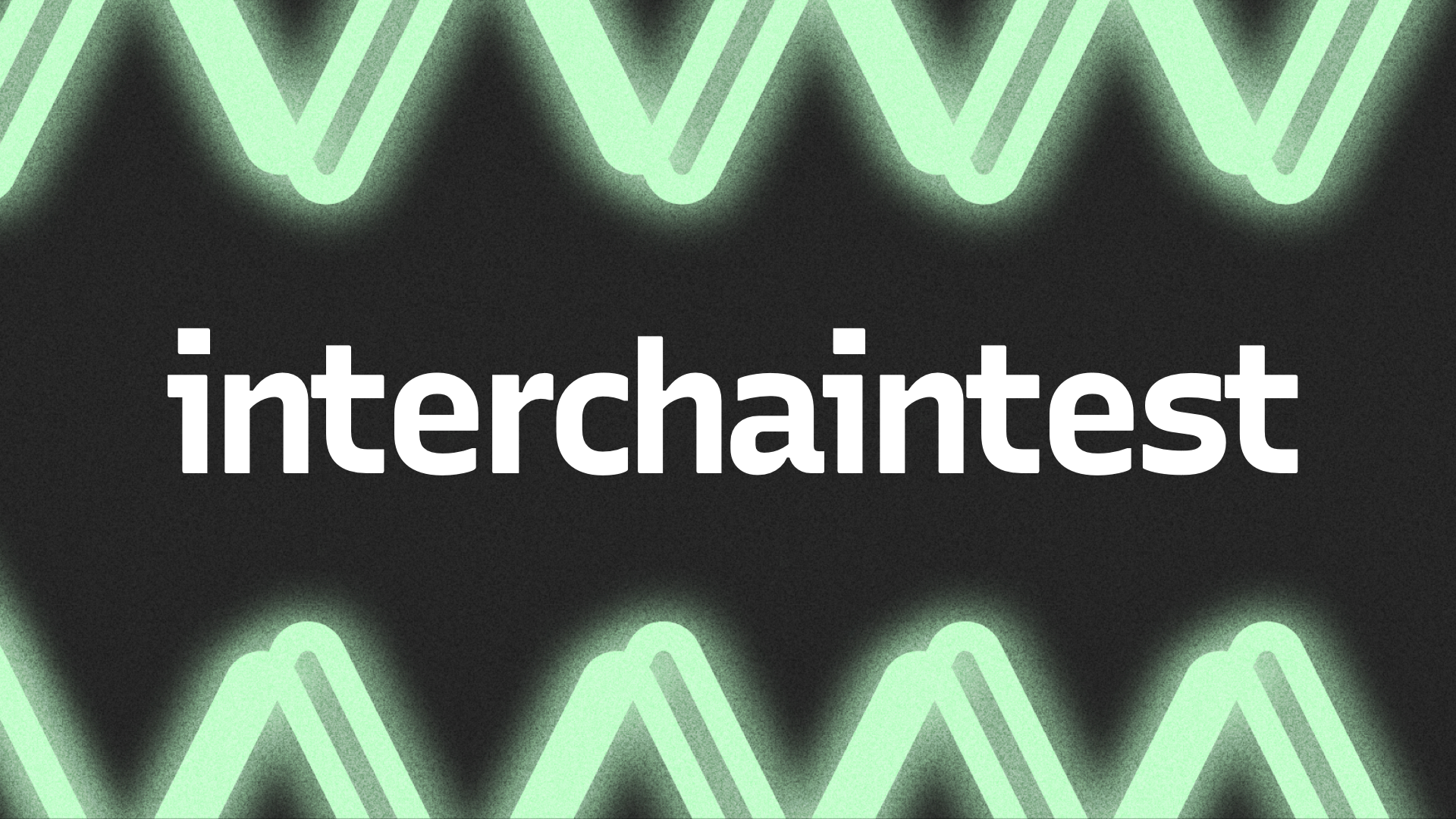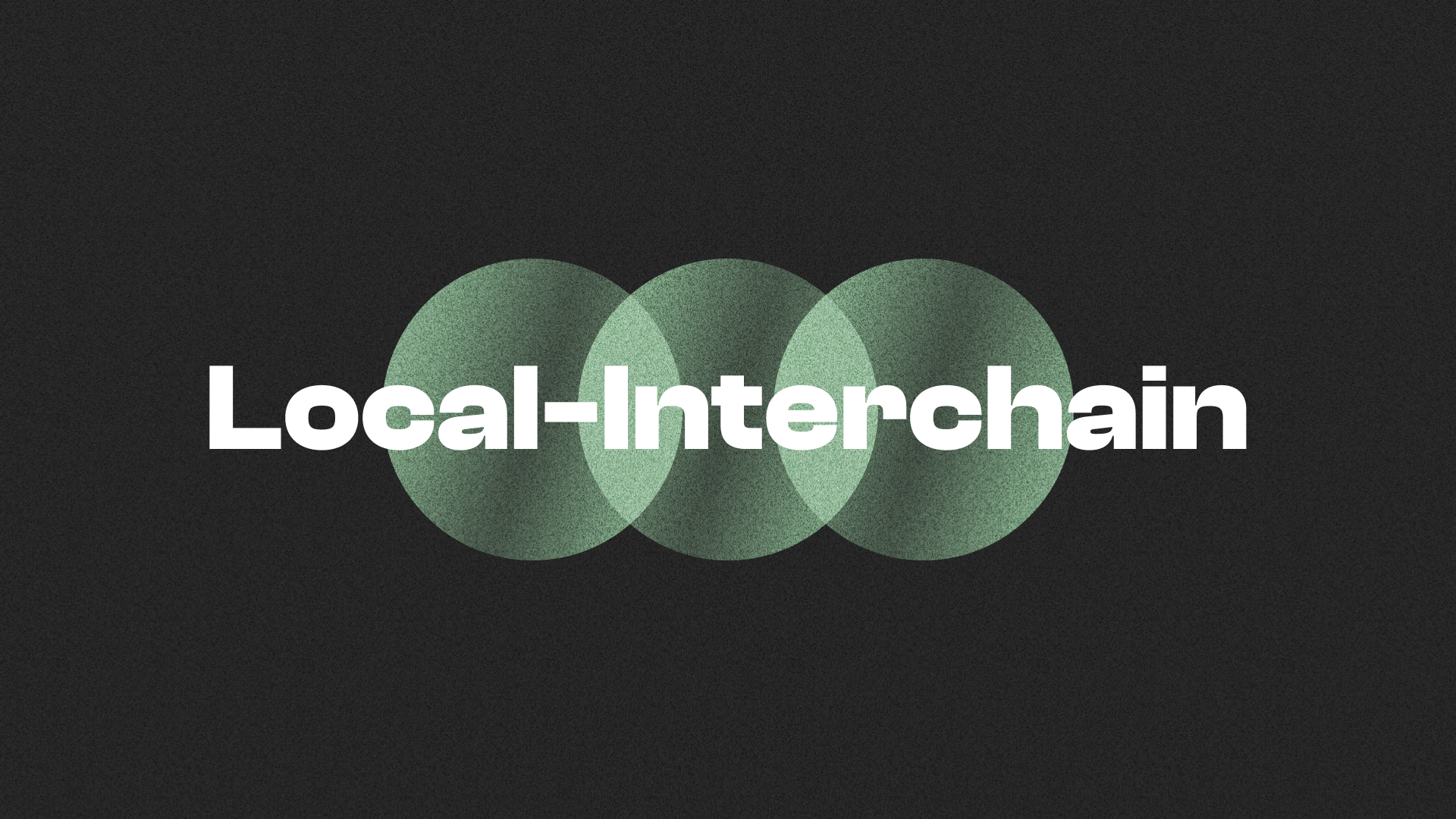Quasar and Strangelove: Partners in Advancing the Future of IBC
May 19, 2023
MarkAnthony Vogel

(This is a republishing of Quasar's post on our partnership)
Quasar has been in partnership with Strangelove Ventures, some of the most highly-qualified builders and relayer operators in Cosmos, to contribute to the development and maintenance of the Interchain.
Quasar shares a conviction with others in Cosmos that the technology behind the Inter-Blockchain Communication Protocol (IBC) is the best answer for transferring data and value across blockchains. Interchain highways are being built with IBC, paving the way for a new era of DeFi capable of leveraging the power of widespread interoperability. Quasar would not be where it is today — and IBC would not be what it is today — without our partners at Strangelove Ventures.
Strangelove is Quasar’s primary relayer service provider. Why have we partnered with Strangelove? Because they are the true underground builders and maintainers of Cosmos. Strangelove is pushing the limits of what IBC is capable of, and we’ve recognized that the best way to improve what Quasar is capable of is with the best relayer builders.
Because Quasar provides cutting-edge IBC use cases, Quasar and Strangelove are ideally situated to work together. We aim to more deeply investigate what IBC is capable of and understand what is needed from both a protocol and product perspective. The joint vision for both of us is for IBC to be the go-to, undisputed transit layer for connecting all blockchains.
“Quasar is pushing the boundaries of what’s possible with IBC, including their work on interchain queries and interchain accounts, enabling new DeFi asset management use cases,” expressed Jack Zampolin, CEO of Strangelove. “Our partnership is driven by a shared vision of making IBC the leading interoperability protocol connecting blockchains. By collaborating, we’re continuously innovating and unlocking the full potential of IBC, ultimately creating a stronger and more unified ecosystem.”
We’ve worked particularly closely with Strangelove on the specifications for interchain queries (ICQ). The ICQ and interchain accounts (ICA) features of IBC are essential for enabling Quasar users to manage assets with IBC (allowing vaults to easily access data and execute actions cross-chain). Quasar’s devs agreed that because of the success of the collaboration on ICQ, trusting Strangelove with the critical task of establishing our relayers was the clear way to go.
Notably, Strangelove maintains the code base used for Golang relayers — if any issues with our relayers emerge, they are able to quickly analyze the situation and provide a swift fix. Because of the complexity of the ICA and ICQ sub-protocols used by Quasar vaults to pass messages between our chain and Osmosis, partnering with Strangelove in this way is incredibly valuable to us.
Relayers handle the passing of messages across IBC-enabled chains and are needed to physically carry out the information exchange made possible by IBC infrastructure. Comparable (in a limited way) to how validators keep a blockchain running by contributing to consensus, relayers keep IBC connections running. But there is still much that needs to be done before relayers reach the reliability and universality of validators (e.g. relayers currently don’t have the benefit of built-in incentive mechanisms enjoyed by validators). By partnering with Quasar and providing relayer services, Strangelove is battle-testing this emerging technology and improving the reliability and scalability of IBC and relayer infrastructure.
The rollout of the Quasar mainnet provided some key learnings for both teams. We acknowledged the reality that when it comes to new tech, doing something for the first time comes with more issues than expected. Simulating all of the dependencies and factors involved before arriving at a live environment is a major challenge. For future releases, Quasar will setup additional early coordination with outside dependencies and teams like Strangelove to be ready for all on-the-ground needs. This will involve establishing specific task forces, such as a core IBC relayer team, to quickly address any obstacles and generally prepare for more issues than expected.
From Strangelove’s perspective, perhaps the biggest lesson learned was how important it is to test the entire flow of a product before going live. Strangelove noted that most of the complications they saw emerged from the fact that Quasar is uniquely designed and does not work in the same way as many other chains Strangelove has supported. This resulted in some edge cases that initially were not being handled properly in the Go relayer. Despite a few hours of delays, Quasar mainnet launched successfully in March.
Moving forward, Quasar and Strangelove will continue to work together on IBC infrastructure to develop more reliable and scalable solutions for widespread interoperability. Part of this will include improving existing IBC specifications and standards. Doing so will tackle Quasar's challenges while also improving the ecosystem as a whole. Many other chains will adopt and continue to use IBC; Quasar will not be the only chain using the kinds of connections we are pioneering on Osmosis.
Part of navigating well the relationship we have with Strangelove has involved attending to best practices. We at Quasar are aware of and continue to lean into this role, and we aim to set an example for effective collaboration on emerging decentralized technology.


